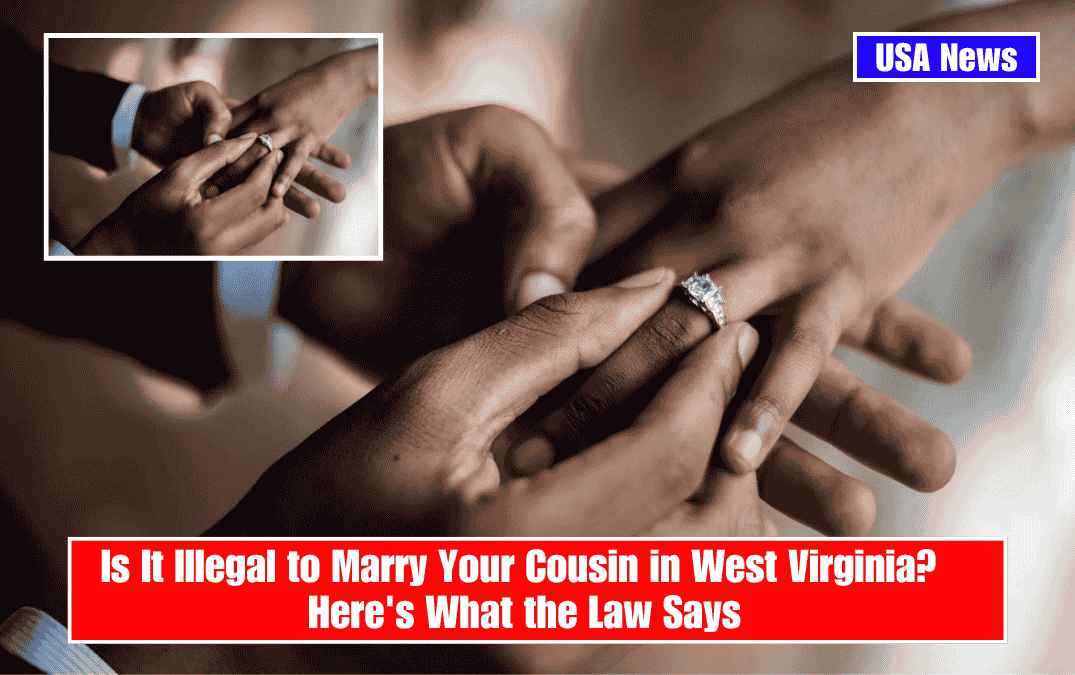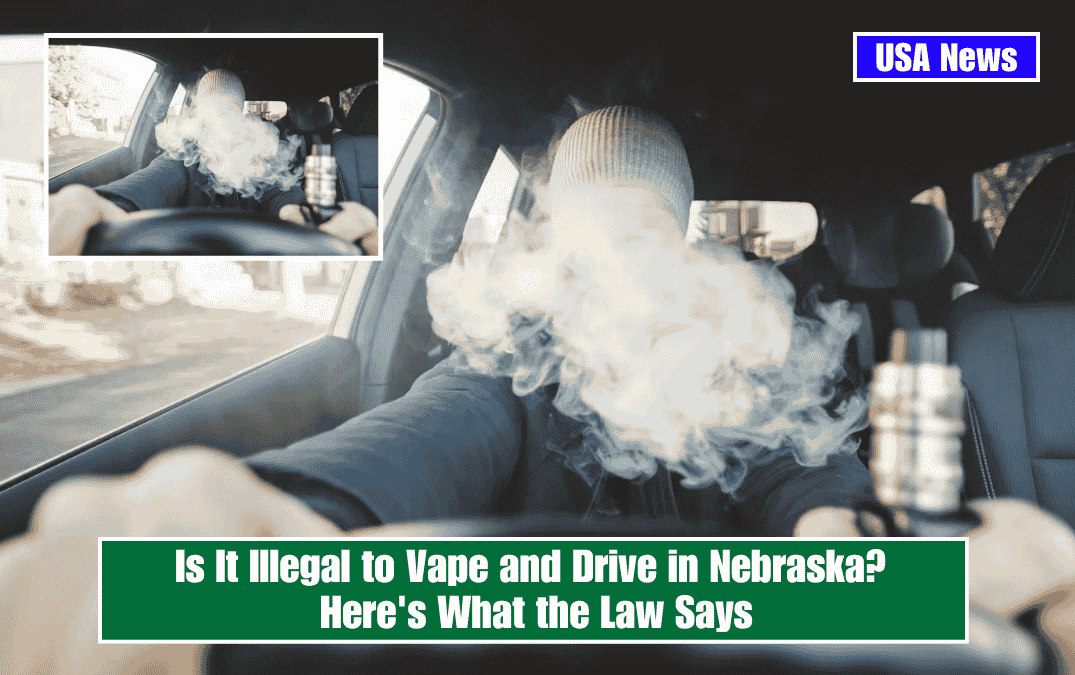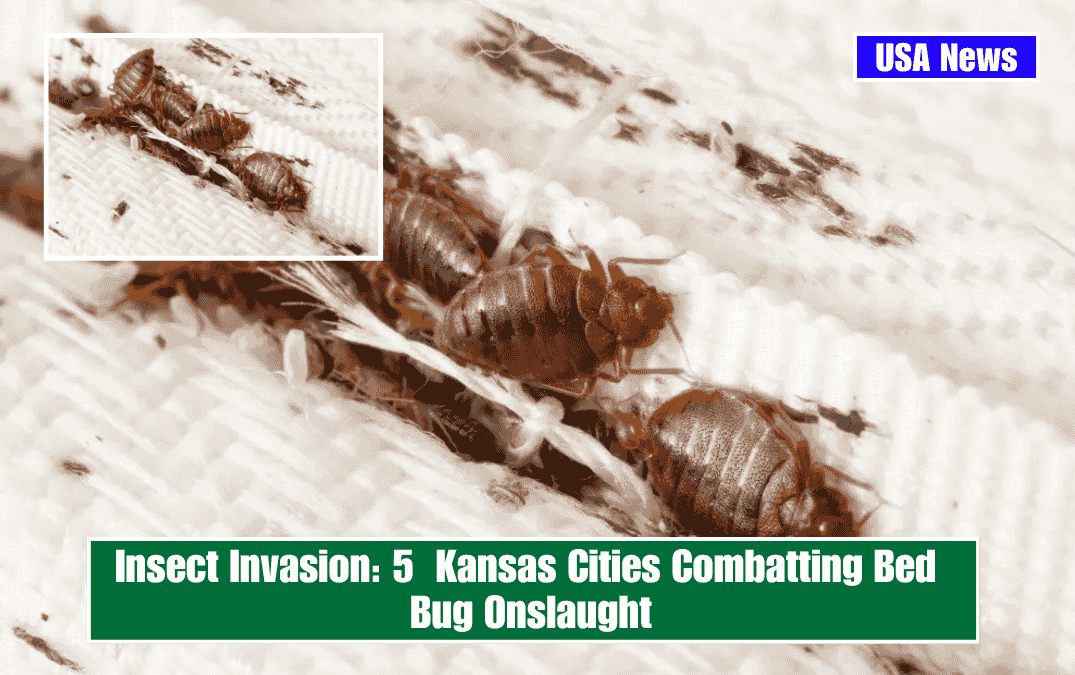In West Virginia, marrying your first cousin is explicitly prohibited by law. The state’s marriage statutes clearly outline restrictions on marriages between individuals who are closely related by blood. Here’s a detailed explanation of what the law says about cousin marriage in West Virginia as of 2025.
Legal Prohibition Against Cousin Marriage
West Virginia Code §48-2-302 explicitly bans marriages between first cousins. Both men and women are prohibited from marrying their first cousins or double cousins, which refers to cousins related through both parental lines. This prohibition applies to consanguineous relationships, meaning those based on shared ancestry or blood relations.
The law categorizes cousin marriage under restrictions designed to prevent close family members from marrying, alongside prohibitions against marriages between siblings, parents, grandparents, uncles, aunts, nieces, and nephews. These rules aim to reduce the risk of genetic complications in offspring and uphold societal norms regarding family relationships.
Exceptions for Adopted Cousins
West Virginia law does make a distinction for cousins related solely by adoption. According to §48-2-303, adopted cousins are not subject to the same restrictions as biological cousins. If the relationship is established purely through adoption and not by blood, the marriage may be permitted. However, this requires verification through legal records of the adoption process, which can be examined confidentially by a circuit court judge upon request.
Legal Consequences
Attempting to marry a first cousin in West Virginia results in the marriage being declared void. The state does not recognize such unions as legally valid, even if performed outside West Virginia where cousin marriage may be permitted. This means couples cannot circumvent the law by marrying in another state and returning to West Virginia.
Broader Context in the United States
West Virginia is among 24 states that prohibit first cousin marriages outright. In contrast, 18 states allow such marriages under certain conditions, such as age or infertility requirements. Some states also mandate genetic counseling before issuing a marriage license for first cousins. However, West Virginia’s stance is clear and uncompromising: first cousin marriages are not allowed under any circumstances.
Cultural and Scientific Considerations
While some cultural groups view cousin marriage as acceptable or even customary, scientific studies have raised concerns about potential genetic risks associated with such unions. These risks include an increased likelihood of hereditary disorders in offspring due to shared genetic material. Laws like those in West Virginia reflect these concerns and aim to minimize such risks.
In West Virginia, it is illegal to marry your first cousin or double cousin due to explicit prohibitions outlined in state law. These restrictions apply to consanguineous relationships but exclude adopted cousins under certain circumstances.
Attempting such a marriage will result in it being voided and unrecognized by the state. For individuals considering marriage within family lines, understanding these laws is crucial to avoid legal complications and ensure compliance with state regulations.
SOURCES:-
[1] https://en.wikipedia.org/wiki/Cousin_marriage_law_in_the_United_States
[2] https://code.wvlegislature.gov/email/48-2/
[3] https://code.wvlegislature.gov/48-2-302/
[4] https://cardozolawreview.com/the-unconstitutionality-of-state-bans-on-marriage-between-first-cousins/
[5] https://www.draslamabdullah.com/post/first-cousin-marriage-laws-in-the-u-s









